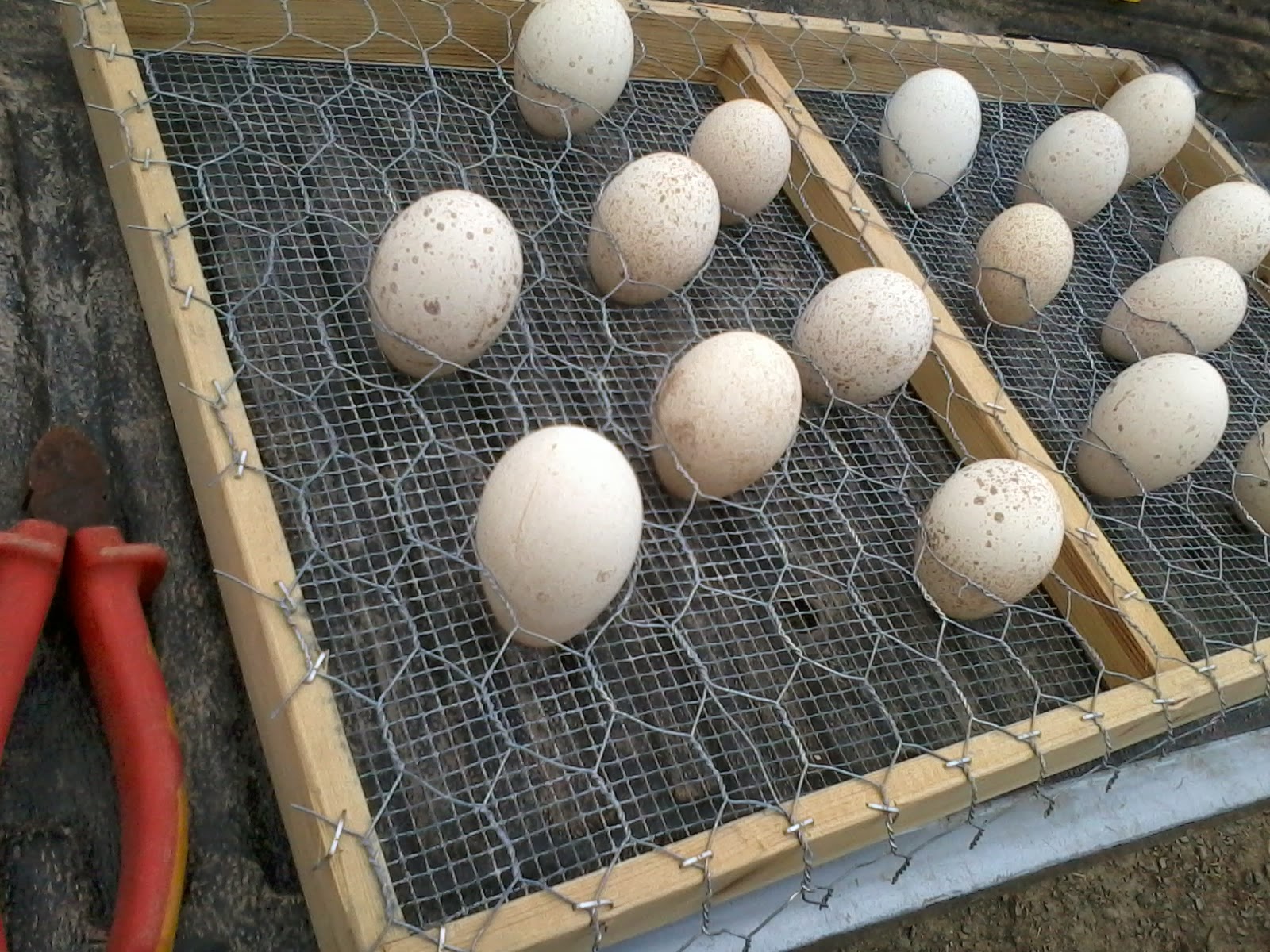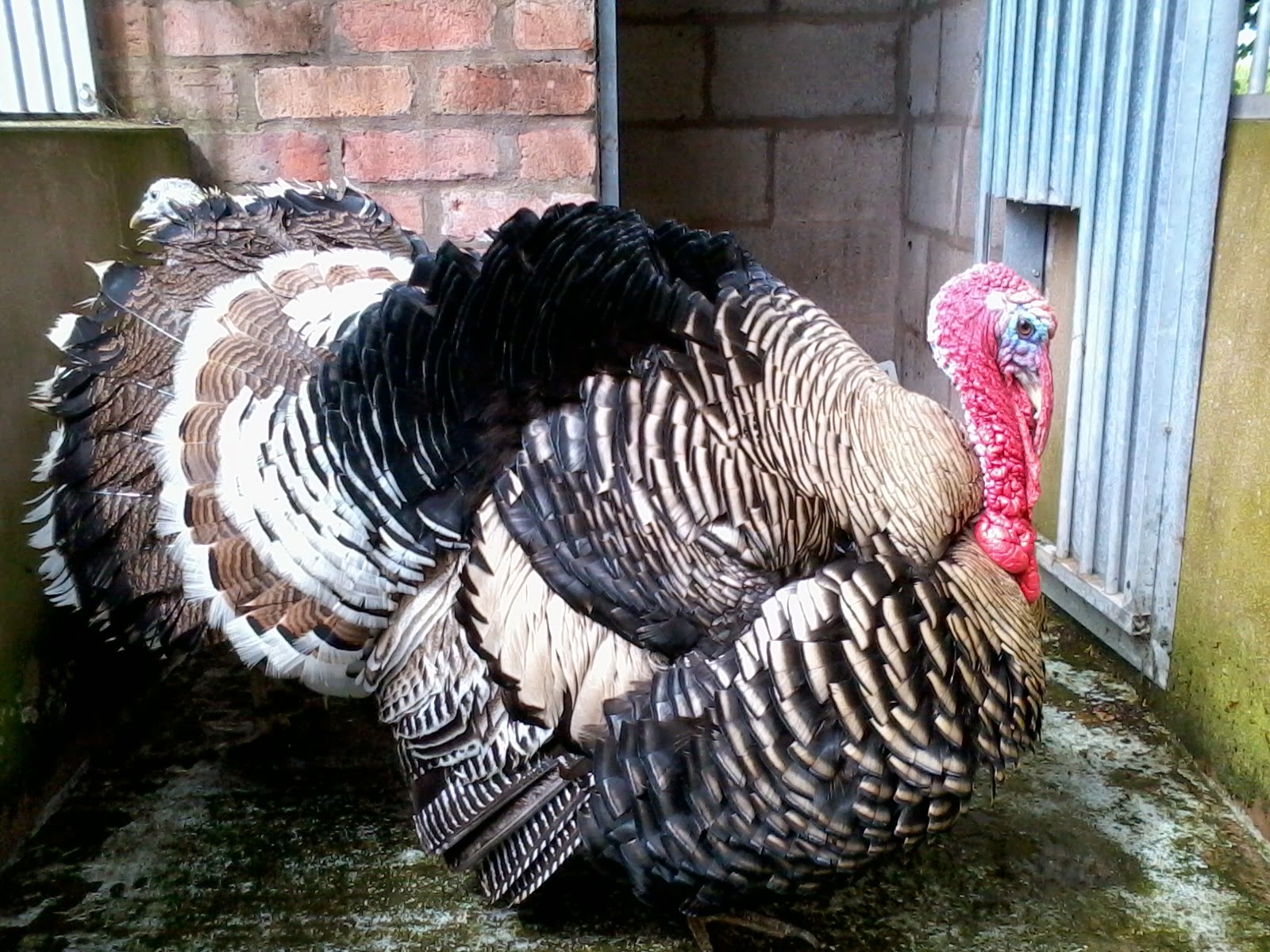I would love to be more organised. I really try. I make 'To Do' lists, and keep a diary on my phone with an alarm to remind me of appointments. I have bursts of tidiness - spring cleaning the house, and tackling the grey badger stripe that appears in my hairline with alarming regularity. I wake up every morning with an efficient plan to make best use of my days.
Pfftt. Who am I kidding?
In Dorset, I was flying by the seat of my pants. Now that I've moved counties and haven't yet got a routine to lean on, I am flying by the edge of the hem of the overstretched elastic of my knickers. Just. Without a routine, I am in a state of constant adapting and reacting in order to get the basics accomplished.
Take Kitty. I rented a paddock for Kitty, but the spring grass hadn't yet come in. With my winter hay supply still in Dorset, all I could do was to take Kitty for a walk and let her graze the grass verges 15 minutes in the morning and evening. The locals have rechristened her "Kitty Four-Legs" as it seems that there are already two Kittys of the human variety living on the estate. The "number of legs" nomenclature avoids confusion I'm told.
Kitty will be pleased to know that she is a topic of conversation on the estate, alongside current topics like who's heard a cuckoo (me!) and the Pothole Problem (capital P).
Sheep grazing has been even worse. My flock quickly ate their winter grazing down to the roots. There were only two small paddocks available, so I rented those, then fenced off the orchard in our garden to make a third paddock.
Our new view from the window
My flock is now divided into three mini flocks. Grazing the garden also solves the additional problem of not owning a mower big enough to tackle the new expanse of lawn. My "lawn" is now "sheep keep". It's all in the renaming.
Hey, this nomenclature thing really works.
The garden sheep are like a roving party of drunken louts, knocking down every bench, birdbath, and chicken fence they wander into. They freed the chickens today, flattening the electric netting around their house while trying to get to the wheat in their feeders. In turn, the now free-ranging chickens are scratching up my newly planted seedbeds. It's Farmageddon out there.
Our Land Rover is still languishing in Dorset with the hay. Besides towing trailers, the Land Rover was our dog transport vehicle. The new truck (which I've named "Truck") has no back on it. So as a temporary measure I cable tied a dog crate to the rings in the bed, and used old rubber car mats as non-slip flooring.
Spud and Quincy off on another wild goose chase - resulting in 40 lbs of goose meat!
It will have to do for now, and it's fine for short trips around the estate. I need to fetch the Land Rover before winter and shooting season.
When not walking horses or driving dogs, I am finding my way around the estate - locating pheasant pens, shortcuts to town, and safe lanes for riding Kitty. The locals use landmarks when giving out directions. I was confused when, out for a hack on Kitty, I was told to "ride to the rabbit in the hedge, then turn left".
Wait. The what in the who now?
Oh right.
There's also the "take a left when you see the silver birch", and "over the second cattle grid where the Suffolks lay up at night".
Suffolk sheep getting ready for bed?
Which begs the question: how do I plug these directions into my car's GPS? And where exactly do those sheep go in the day anyway?
I have been driving around looking for other fields suitable for grazing my flock (You know, seeing as the prime real estate over the second cattle grid has been taken by those lazy Suffolks.) We were offered a local castle. Yes,
CASTLE. The remains of a 12th century Norman castle. How many shepherdesses can say their flock of sheep maintains the grounds of 900 year old castle? It's poor grazing, but tempting from a purely historical point of view. Would that make the meat from my lambs artisanal
and historically interesting?
Next to the ruins of the castle is the Kilpeck church, built around 1140. It's still in use today. I'm told there are 12 churches in the local area serving a total of 150 parishioners. That's only a dozen per church if everyone shows up and spreads out! If I was a church-goer, I would
definitely go to the Kilpeck, just for its aesthetics. The door has Celtic-style carvings of serpents and dragons -
There's a basilisk (sometimes interpreted as a manticore) -
There is a "green man" on the column -
And 85 of these corbels running along the top of the stonework, described as a bestiary -
The Agnus Dei symbol in the centre
This is the most pagan looking church I have ever seen. There's even a
Sheela na gig corbel that apparently so offended one of the more puritanical parishioners that she tried to knock it off repeatedly with a stick. Or so my neighbour told me, between his offerings of directions based on strange landmarks.
I wonder if the other eleven parish churches are equally fascinating. Even if the churches aren't, I'm sure the directions to get to them will be.
It will take time to find my way, and find a new routine. It's an uncomfortable process. A few landmarks is all I have to go by at the moment. We have our third pheasant hatch next Tuesday. Whether I'm organised or not, whether my phone alarm reminds me or not, they come every Tuesday. Well, I suppose that's a routine of sorts. It's a start.


























.jpeg)
.jpeg)


























